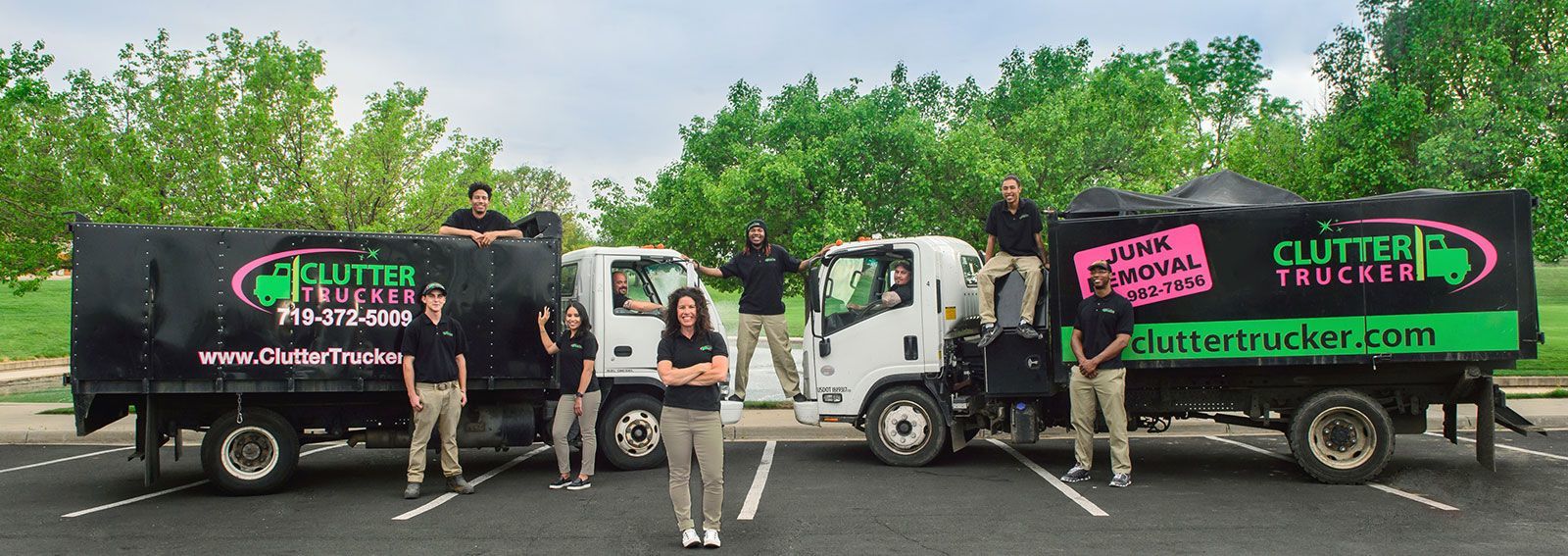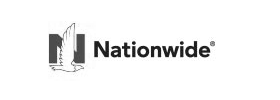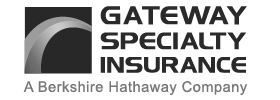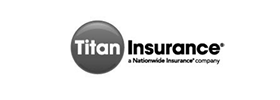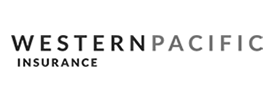
At Aspen Insurance we don’t know the answer to the question; “if a tree falls in a forest and no one is around to hear….”. We do, however, know the answer to the question “if a tree falls on my home, will I be able to file an insurance claim?”.
Trees are a lovely and welcome addition to a homeowner’s property. Trees bring shade, block the wind, provide privacy and add a visual counterpoint. Unfortunately, the benefits of trees may be offset by the disadvantages of tree removal, especially for trees reaching end-of-life. Trees may be struck by lightning, infected by boring insects or, simply reached the end of their natural life span, no longer having the ability to withstand wind or intense weather.
And, it’s not just trees in our yard we need be concerned about: we should also keep in mind the possibility of trees falling from a neighbor’s yard. Even though it was not our tree falling in our own yard, we still may be financially responsible for removing the fallen tree and repairing the damage. Whether your homeowner’s insurance policy includes coverage for fallen trees depends on several factors, including the reason the tree fell and the type of resultant damage.
Does Homeowners Insurance Policies Cover Falling Tree Damage?
The answer to the question “am I covered?” is, ….“it depends”. Homeowner’s insurance policies typically protect the home and other structures, such as a fence or shed against specific causes of loss. Covered risks typically include damage caused by wind. If the tree falls in a high wind, then yes, homeowner’s policies will typically cover the loss and help pay to repair the damage, assuming the tree was in good health.
However, home/house insurance will not cover loss or damage caused by either negligence or a maintenance-related issue. If the tree was not n good health, your claim could be rejected as it is expected that you, as a homeowner, are maintaining your property including proactively removing dead vegetation, structures and trees past useful life.
How big a risk is a tree falling on my house? Typically, 4% of all claims are classified as “non-theft property damage”, the category under which tree claims would fall. So, 4% of claims indicates this not a risk considered extremely likely. However, as the average claim in this category is over $5,000, the severity of the risk is one we should seriously consider trying to mitigate.
What if A Tree from my Property falls on Neighbor’s Property?
You would typically be considered responsible if negligence on your part was a contributing factor to the tree’s falling. That is, if the tree in question was dead or at end-of-life and you had ample warning to safely remove the tree. For instance, your neighbor sends you a registered letter pointing out trees in your yard which could damage their home or property.
If the tree which fell was healthy, you would not normally be considered “at fault”. Your neighbor will likely have to file a claim through his or her own insurance.
Does Homeowner’s Insurance Cover Tree Debris Removal?
Expect your homeowner’s insurance to cover the cost of repairing your house as well as removing fallen branches, leaves and other detritus. If a tree damages a structure on your property, home insurance may help cover the cost to remove the tree, normally up to $1,000, depending on your policy and the level of selected coverage.
If a tree falls without causing damage to any property structures, homeowners’ insurance likely will not cover the cost of removing the debris.
The scope of your insurance coverage is best understood by reviewing the homeowner policy language. This informs you of what your insurance carrier claims adjuster will do. Absolutely, feel free to speak to your Aspen Insurance agent who is well experienced in helping ensure you are well protected.
Does Homeowner’s Insurance Cover Damage to A Car?
Homeowners insurance will not cover damage for a tree falling on your car. However, if you have comprehensive coverage on your car insurance policy, you may be able to file an auto insurance claim as comprehensive coverage helps pay to repair damage caused by falling objects.

Tree Falling Summary
Homeowners living in areas surrounded by many tall trees may wish to meet with their Aspen Insurance Agent to review homeowner’s coverage and ensure they have appropriate coverage to protect against all potential risks, including falling trees. Especially, if the height and size of trees could put your home or other structures at risk.
Aspen Insurance Agency is in Denver, CO and services clients nationwide. We are a family run business working with multiple insurance carriers to offer our customers the coverage they need at the lowest possible cost. We offer a wide range of personal, commercial and professional insurance to residential and commercial customers enabling the cheapest rates available. Call to speak to one of our insurance professionals and see how painless insurance shopping can be.










